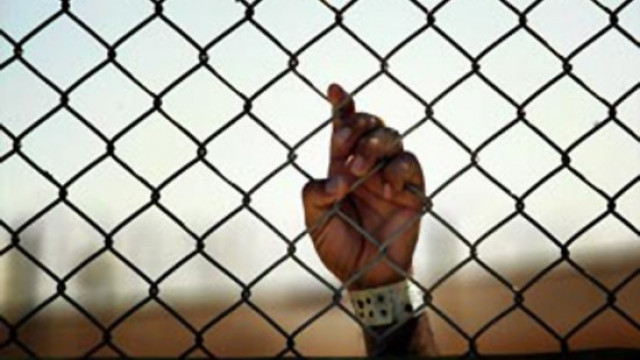Damascus abusing terror law to freeze assets: rights group
Govt to freeze assets of people pending investigation of terrorism-related crimes

Human Rights Watch revealed that the govt is freezing assets of people pending investigation. PHOTO: AFP
"By penalising people solely on the basis of their family relationship with an accused person, and not on the basis of their individual criminal responsibility, the finance ministry's implementation of Decree 63 constitutes collective punishment," HRW said in a report.
Decree 63, part of Syria's counter-terrorism law, allows Damascus to freeze the assets of people pending investigation of terrorism-related crimes, even if they have not yet been charged, according to HRW.
The decree is now being widely used to target families of the accused, putting relatives also at risk, it said.
HRW cited cases in which family-owned businesses and properties were seized because a member of the family was placed on a regime list of suspected terrorists.
Syria flare-up kills 35 fighters, including 26 pro-regime forces: monitor
"Syria is using Decree 63 to authorise abusive and arbitrary practices that rob people of their very livelihoods," said Lama Fakih, HRW's deputy director for the Middle East and North Africa.
"So long as its laws and practices violate people's rights, Syria will not be safe or stable."
The counter-terrorism law, enacted in July 2012, grants the government-wide jurisdiction to label "almost any act as a terrorist offence", according to the New York-based rights watchdog.
It has been used in the past to criminalise providing humanitarian aid, recording human rights abuses and taking part in peaceful dissent, HRW said.












1724319076-0/Untitled-design-(5)1724319076-0-208x130.webp)






COMMENTS
Comments are moderated and generally will be posted if they are on-topic and not abusive.
For more information, please see our Comments FAQ